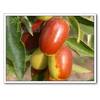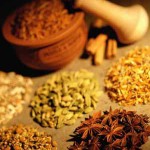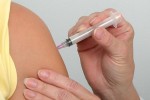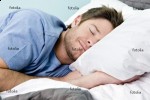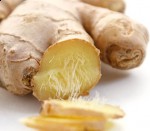 The rise in diabetes in the Western world is out of control. Too many folks seem to ignore the role of diet in prevention and treatment of diabetes and yet something as simply as cinnamon consumption may be an way to improve blood glucose levels.
The rise in diabetes in the Western world is out of control. Too many folks seem to ignore the role of diet in prevention and treatment of diabetes and yet something as simply as cinnamon consumption may be an way to improve blood glucose levels.
Cinnamon is a common spice and Chinese herb used in Traditional Chinese Medicine (TCM) for centuries. Cinnamon bark and twigs are often used in Chinese herbal medicine to enhance digestive function, promote the movement of qi, disperse the cold and fortify the kidney energy and pancreas.
A recent study from Germany published in the European Journal of Clincal Investigation shows a water soluble cinnamon extract can reduce fasting blood sugar levels in patients with type 2 diabetes.
The cinnamon (known as the Chinese herbs Gui Zhi and Rou Gui) results further add to a growing body of clinical evidence demonstrating supplementation with cinnamon bark and twig extract may play an important role in managing blood sugar levels and improving insulin function.
The study done at the University of Hannover was both placebo controlled and double-blind, designed to determine the effect of a water-soluble cinnamon extract on glycemic control and cardiovascular risk factors in patients with type 2 diabetes. A total of 79 patients with type 2 diabetes not on insulin therapy but treated with oral medication or diet therapy were randomly assigned to take either a cinnamon extract or placebo capsule three times daily for four months. The cinnamon capsule contained 112 mg of water-soluble extract, an equivalent of one gram of cinnamon powder. The cinnamon extract group experienced a significant reduction in fasting plasma glucose levels (10.3%) versus the placebo group (3.4%). Changes in HbA1c and lipid profiles were not statistically significant.
“This study, together with a recent clinical trial utilizing Cinnulin PF, provides compelling evidence for the beneficial effects of a water-soluble cinnamon extract on blood sugar levels,” stated Tim Romero, executive vice president, Integrity Nutraceuticals International, marketer of Cinnulin PF. “We are excited to see in the coming months results of studies underway that further substantiate the efficacy and safety of Cinnulin PF.”
————————
Reference: American Botanical Council http://cms.herbalgram.org/herbclip/257/review43853.html
More studies on Curcumin:
Phase II trial of curcumin in patients with advanced pancreatic cancer


